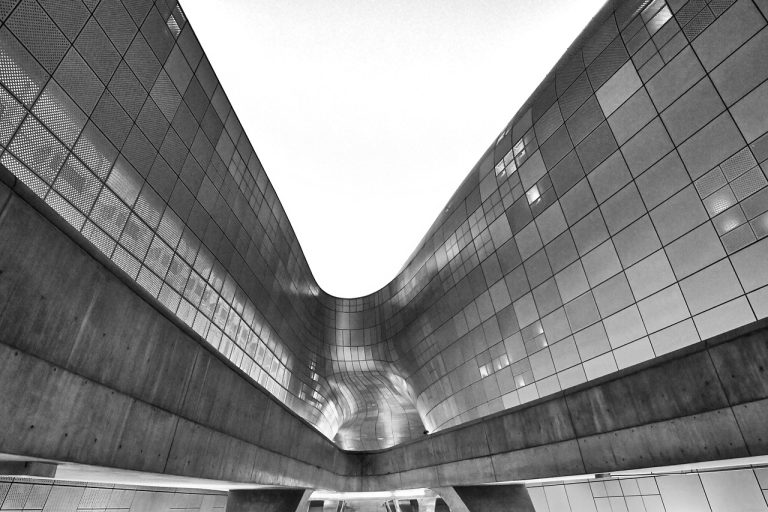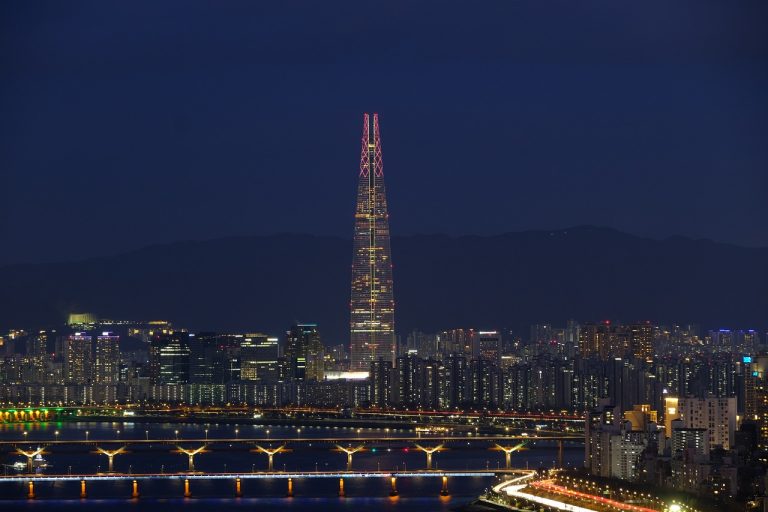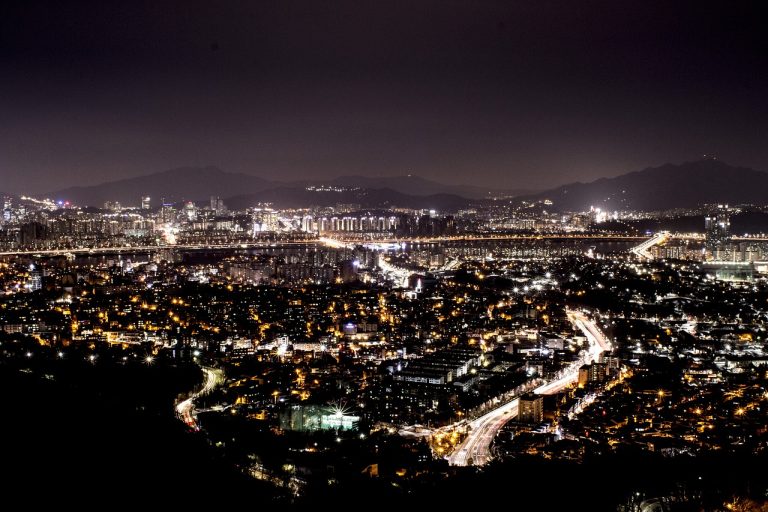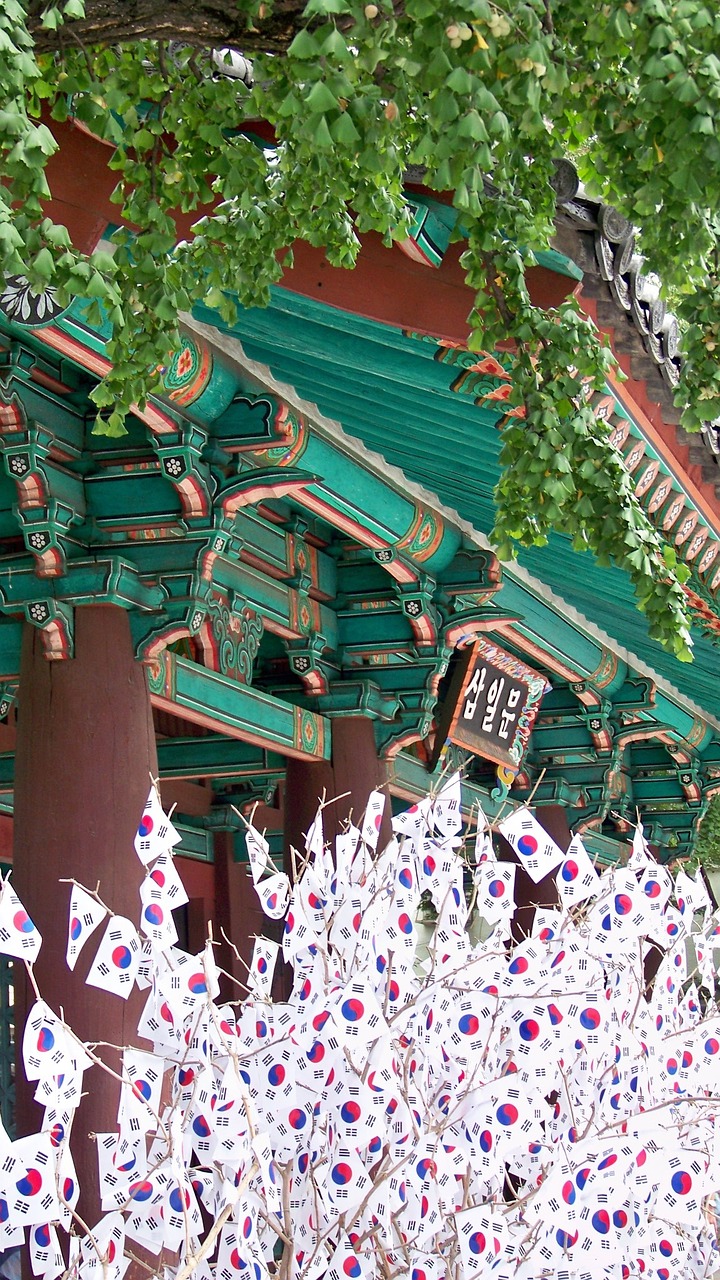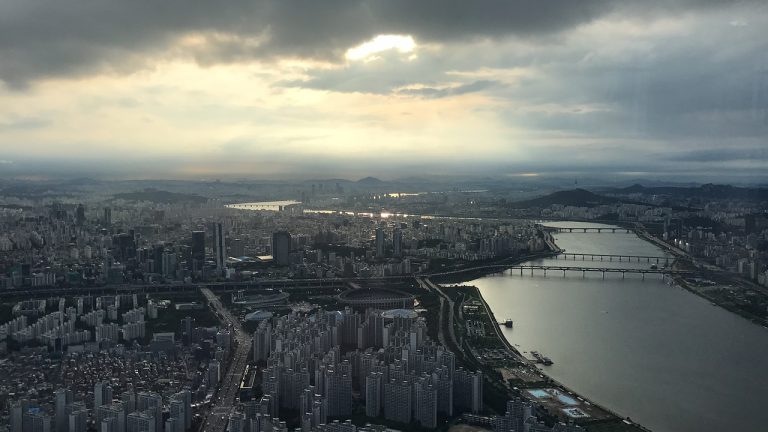Seoul South Korea Video
Social and Cultural Impact of Seoul, South Korea
Seoul, the capital city of South Korea, is a vibrant metropolis that has had a significant social and cultural impact not only within the country but also on a global scale. With its rich history, modern infrastructure, and diverse population, Seoul has become a hub for technological advancements, cultural exchange, and economic growth. In this article, we will explore the various aspects of Seoul’s social and cultural impact, highlighting its attractions, traditions, and contributions to the world.
The Attractions of Seoul
- Historical Sites: Seoul is home to numerous historical sites that showcase the country’s rich heritage. Iconic landmarks such as Gyeongbokgung Palace, Changdeokgung Palace, and Bukchon Hanok Village provide visitors with a glimpse into Korea’s ancient past.
- Modern Architecture: Seoul’s skyline is adorned with impressive architectural marvels like the Lotte World Tower, Dongdaemun Design Plaza, and the N Seoul Tower. These structures not only contribute to the city’s aesthetic appeal but also symbolize its progress and innovation.
- Shopping and Entertainment: The city boasts a wide range of shopping districts and entertainment venues. Popular destinations include Myeongdong, Gangnam, and Hongdae, which offer a plethora of shops, restaurants, and nightlife options.
- Cultural Festivals: Seoul hosts various cultural festivals throughout the year, attracting both locals and tourists. Events like the Seoul Lantern Festival, Cherry Blossom Festival, and Bosingak Bell-Ringing Ceremony showcase the city’s cultural traditions and provide opportunities for people to come together and celebrate.
- Nature and Parks: Despite being a bustling city, Seoul has ample green spaces and parks. Places like Namsan Park, Olympic Park, and Yeouido Park offer residents and visitors a chance to relax, exercise, and enjoy nature.
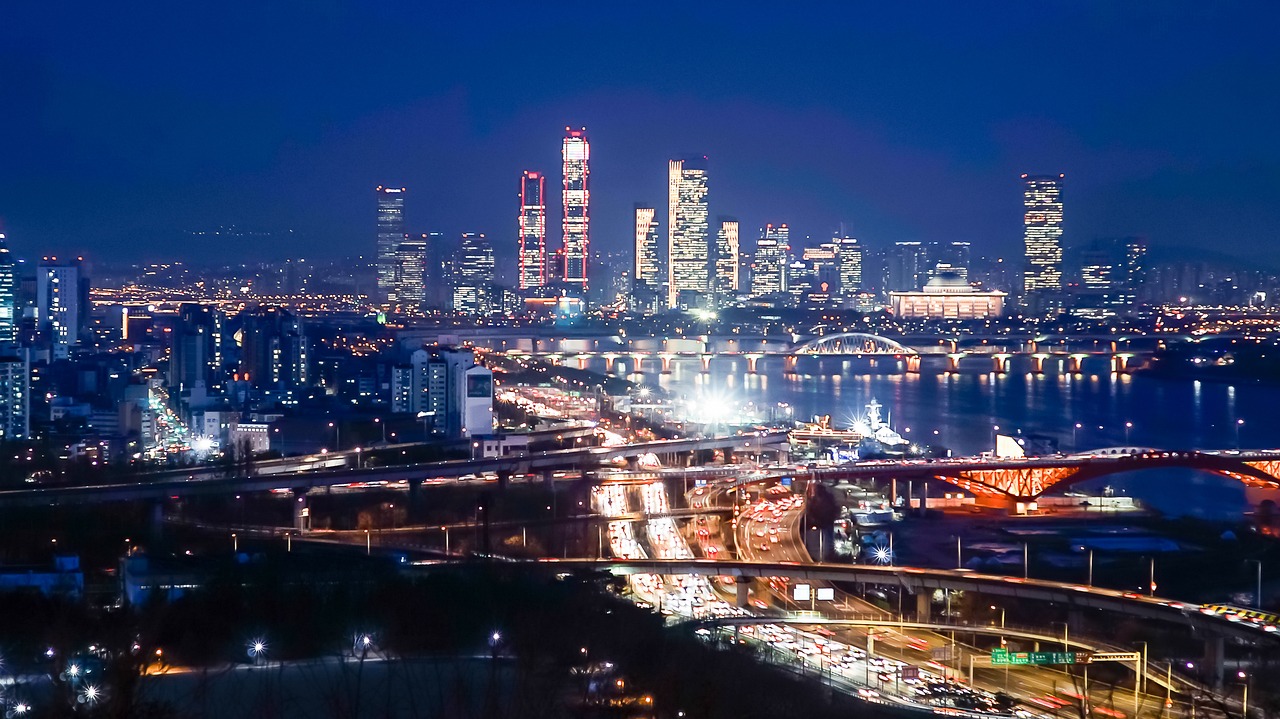
Traditions and Customs
- Hanbok: The traditional Korean clothing, known as hanbok, continues to be an integral part of Seoul’s culture. It is often worn during special occasions and festivals, adding a touch of elegance and preserving the country’s historical fashion.
- Tea Culture: Seoul has a thriving tea culture, with tea houses scattered across the city. Traditional tea ceremonies and the appreciation of different types of tea reflect the importance of mindfulness and tranquility in Korean society.
- Korean Cuisine: Seoul’s food scene is renowned globally for its diverse flavors and unique dishes. From the iconic bibimbap and kimchi to street food like tteokbokki and mandu, the city’s culinary offerings cater to all tastes.
- Respect for Elders: Korean society places great emphasis on respect for elders. Confucian values influence the way people interact with and care for their parents and older family members, fostering strong family ties and a sense of community.
- K-Pop and Hallyu Wave: Seoul has played a pivotal role in the global popularity of K-Pop music and the Korean Wave (Hallyu). Artists like BTS, BLACKPINK, and EXO have gained international fame, spreading Korean culture and influencing fashion, beauty, and entertainment trends worldwide.
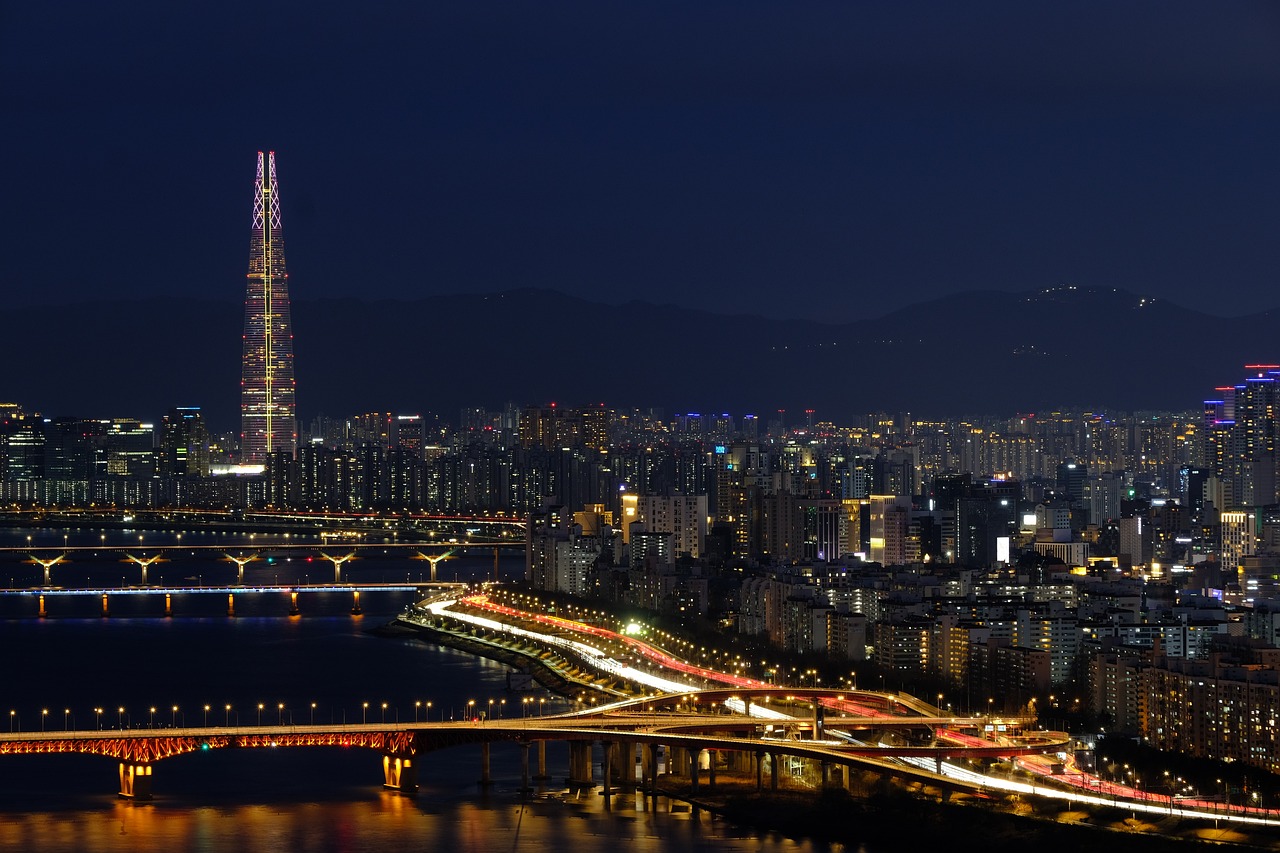
Economic and Technological Advancements
- Global Business Hub: Seoul is a major global business hub, home to multinational corporations and headquarters of renowned Korean conglomerates like Samsung, LG, and Hyundai. The city’s economic growth has contributed significantly to South Korea’s overall development.
- Technological Innovation: Seoul is at the forefront of technological advancements, particularly in the fields of electronics, telecommunications, and robotics. It is known for its high-speed internet connectivity, advanced infrastructure, and innovative startups.
- Smart City Initiatives: The city has implemented various smart city initiatives, utilizing technology to enhance the quality of life for residents. These initiatives include smart transportation systems, energy-efficient buildings, and digital governance.
- Start-up Culture: Seoul’s entrepreneurial ecosystem has fostered a thriving start-up culture. The city provides support and resources for aspiring entrepreneurs, leading to the emergence of successful tech start-ups and creative ventures.
- Medical Tourism: Seoul is renowned for its advanced healthcare facilities and medical expertise. The city attracts a significant number of medical tourists seeking top-quality treatments, cosmetic procedures, and wellness services.
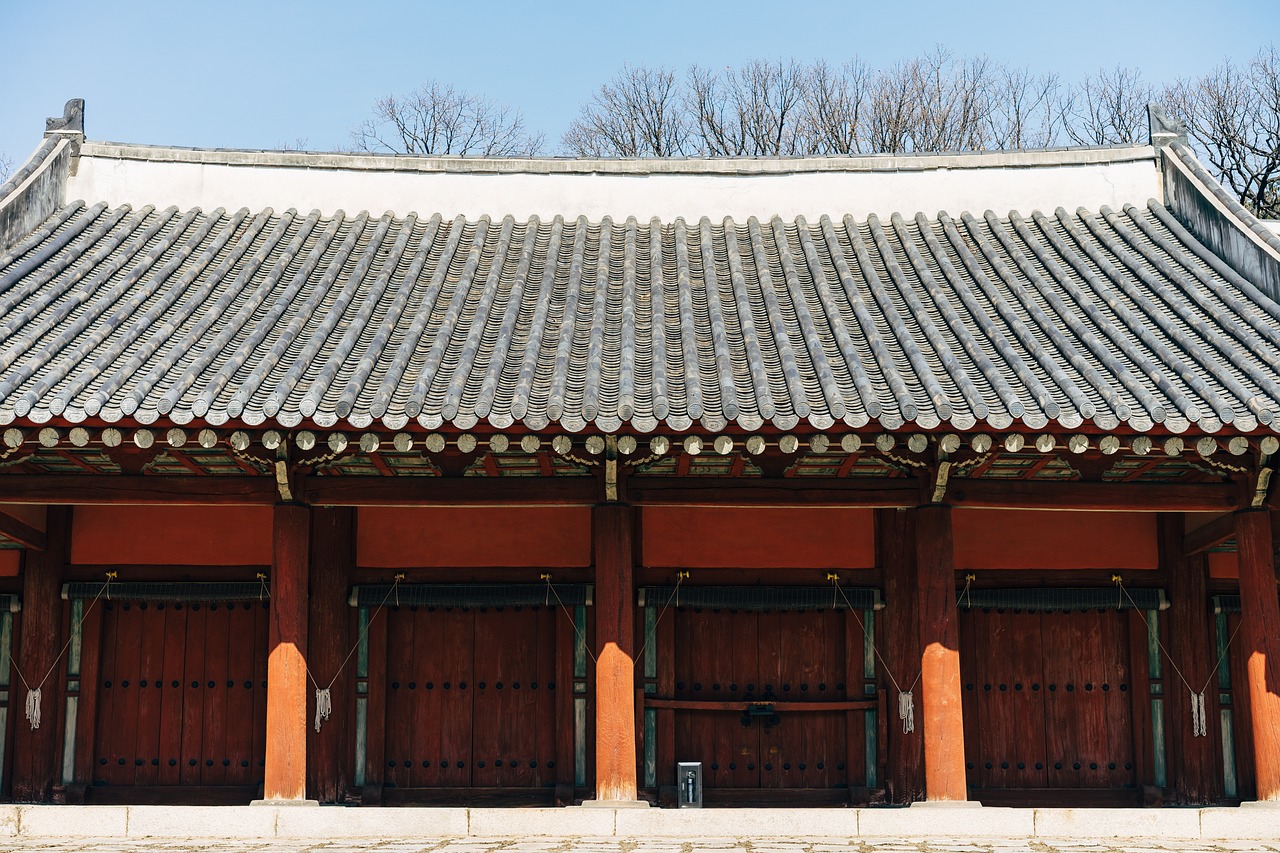
Seoul’s Global Influence
- Cultural Exchanges: Seoul’s vibrant cultural scene and initiatives like the Seoul International Film Festival and Seoul Fashion Week have facilitated cultural exchanges with other countries. This has led to a deeper understanding and appreciation of Korean arts and culture worldwide.
- Educational Opportunities: Seoul’s prestigious universities, such as Seoul National University and Yonsei University, attract students from around the globe. These institutions provide excellent educational opportunities and contribute to the city’s intellectual growth.
- Tourism: Seoul’s cultural attractions, technological advancements, and diverse experiences draw millions of tourists each year. The city’s tourism industry plays a vital role in promoting South Korea as a travel destination and boosting the country’s economy.
- International Events: Seoul has hosted numerous international events, including the 1988 Summer Olympics and 2002 FIFA World Cup. These events have showcased Seoul’s capabilities as a global city and brought people from different nations together.
- Peace Initiatives: Seoul’s location near the demilitarized zone (DMZ) has made it a significant player in peace initiatives on the Korean Peninsula. The city has hosted diplomatic talks and serves as a symbol of hope for peaceful reunification.
Conclusion
Seoul, South Korea, has undoubtedly made a profound social and cultural impact on both its own society and the world at large. Through its historical sites, traditions, technological advancements, and global influence, the city has become a dynamic center of social, cultural, and economic development. Seoul’s ability to preserve its traditions while embracing innovation is a testament to its resilience and adaptability. As the city continues to evolve, it will undoubtedly shape the future of South Korea and leave an indelible mark on the global stage.
References
- Visit Seoul: visitseoul.net
- Seoul Metropolitan Government: english.seoul.go.kr
- Korea Tourism Organization: english.visitkorea.or.kr
- Korean Cultural Center: koreanculture.org
- Seoul National University: snu.ac.kr


